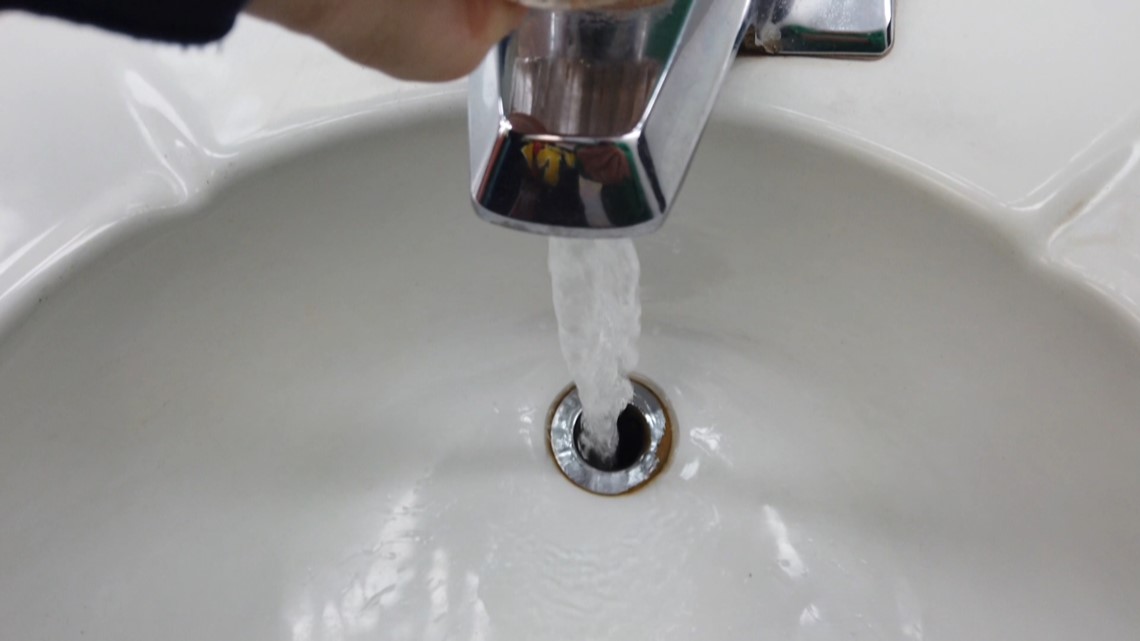Monroe County Health Department advises drinking water caution after diesel fuel leak
The leak originated near the intersection of U.S. 23 and U.S. 223. There is no threat to the municipal drinking water supply, the health department said. The Monroe County Department of Public Health has issued a warning about a diesel fuel leak near the intersection of U.S. 23 and US. 223. The department is urging residents who use onsite drinking water near the site to consider testing their supply. The leak originated from a diesel oil sheen and smell spread from the point of origin to Hicker Road in the North Branch Ottawa River. Environmental crews are working to contain the spill and find the source of the leak. There is no threat to the municipal drinking water supply. Residents with concerns can consider using bottled water. The MCHD will collaborate with the Environmental Protection Agency and Michigan Department of Environment, Great Lakes and Energy to develop water sample testing options.

Published : 2 months ago by WTOL Newsroom in Health
The leak originated near the intersection of U.S. 23 and U.S. 223. There is no threat to the municipal drinking water supply, the health department said.
MONROE COUNTY, Michigan — The Monroe County Department of Public Health is asking people who use onsite drinking water near the intersection of U.S. 23 and U.S. 223 to consider testing their supply after a diesel fuel leak in the area Thursday.
Environmental crews are working to contain the spill and find the source of the leak Thursday afternoon, the department said in a press release.
There is no threat to the municipal drinking water supply. Any residents with concerns can consider using bottled water.
"A diesel oil sheen and smell was discovered from the point of origin and as far south as Hicker Road in the North Branch Ottawa River," the health department said. "Current efforts at containment include the placement of absorption booms in the NBOR near Erie and Sterns Road, along with vacuum trucks near the origin to contain and remove the contaminated water/sheen from entering the NBOR."
Residents are also encouraged to report "any unusual change in the taste or smell of their water," said MCHD Environmental Health Director Chris Westover.
The MCHD said it will work with the Environmental Protection Agency and Michigan Department of Environment, Great Lakes and Energy to develop water sample testing options and provide further updates.
If you have any questions regarding this matter, please feel free to contact the Environmental Health Division at 734-240-7900 or [email protected]
➡️ Download the WTOL 11 news app for Apple here or get it in the Google store here.
➡️ Get a fresh start to your morning and wrap up your day with the latest news and your WTOL 11 Weather forecast delivered right to your inbox!
WTOL 11's Your Morning Blast and Your Evening Blast deliver stories from northwest Ohio, southeast Michigan and beyond to keep you informed.
